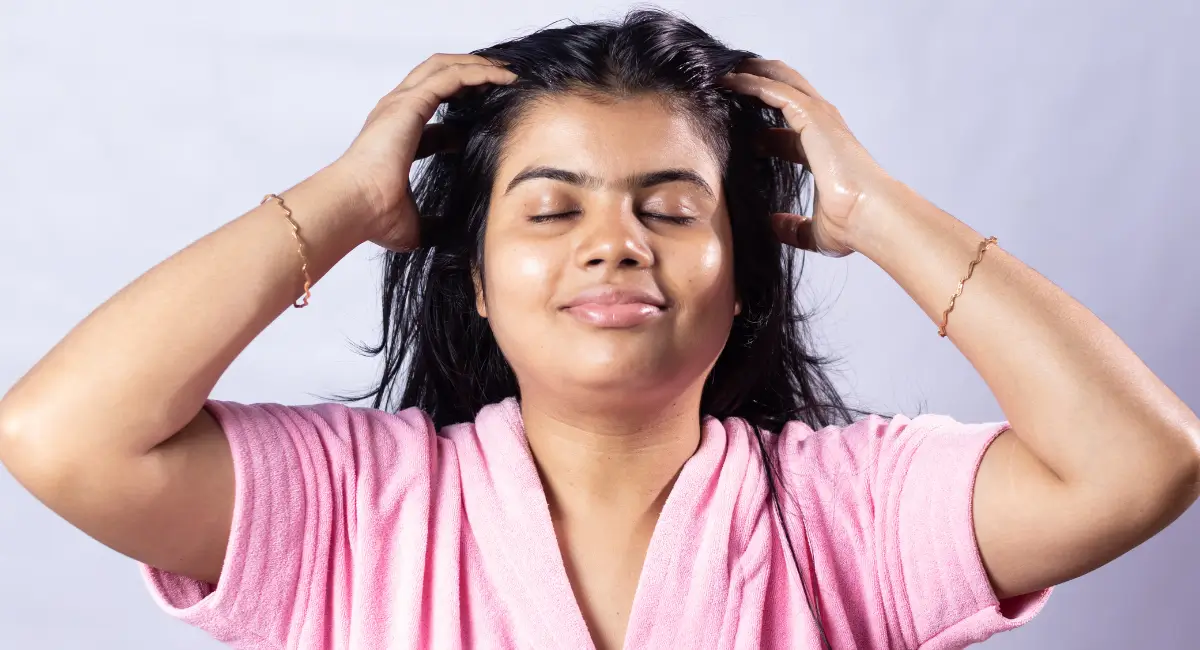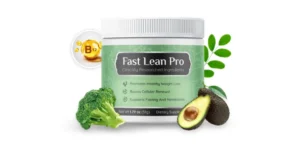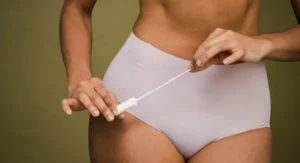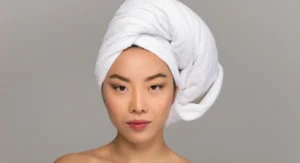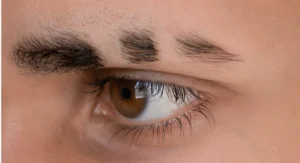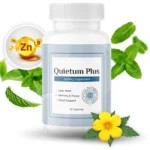Contents
- 1 Introduction
- 2 What Is The Oil Cleansing Method For Hair?
- 3 Benefits Of The Oil Cleansing Method For Different Hair Types
- 4 Selecting The Right Oils For Oil Cleansing
- 5 How To Perform Oil Cleansing For Hair
- 6 Expert Quotes And Personal Experiences
- 7 Conclusion
- 8 Frequently Asked Questions (FAQs)
- 8.1 What Is The Oil Cleansing Method For Hair?
- 8.2 How Often Should I Use The Oil Cleansing Method On My Hair?
- 8.3 Which Oils Are Effective For Oil Cleansing Hair?
- 8.4 Can Oil Cleansing Make My Hair Greasy?
- 8.5 Is Oil Cleansing Suitable For All Hair Types?
- 8.6 What Are The Benefits Of Oil Cleansing For Hair?
Introduction
If you’re among the many beauty enthusiasts eager to enrich your hair care routine with a natural twist, the oil cleansing method for hair could be a game-changer. This innovative technique has gained traction in the beauty community, prized for its ability to cleanse while nourishing your locks.
Choosing the right method and oil based on your hair type is crucial. In this guide, we provide you with in-depth knowledge and expert-backed advice to transform your hair care routine with the oil cleansing method.
Also Read : How To Bleach Bath Your Hair Safely: A Complete Guide
What Is The Oil Cleansing Method For Hair?
Definition And History Of Oil Cleansing
Oil cleansing is a technique rooted in ancient beauty rituals, where oils are used to cleanse and condition hair. Unlike traditional shampoos, which strip the hair of its natural oils, oil cleansing embraces the concept of ‘like dissolves like’—using good oils to dissolve excess sebum and impurities without disrupting the scalp’s natural balance.
Scientific Process Behind Oil Cleansing And Its Effects
Oil cleansing’s science lies in its ability to bind to dirt and oils on the scalp. This allows them to be rinsed away while leaving beneficial oils intact. By preserving the hair’s natural oils, this method helps maintain moisture and balance, which is essential for healthy hair growth and scalp health.
Comparison With Traditional Shampooing Methods
Traditional shampoos often contain surfactants that strip natural oils, leading to dryness and irritation. In contrast, oil cleansing provides a gentler alternative, offering hydration and nourishment while cleansing. This makes it especially beneficial for those with sensitive or dry scalps.
Also Read : Bananas And Honey In Hair Care: A DIY Journey To Luscious Locks
Benefits Of The Oil Cleansing Method For Different Hair Types
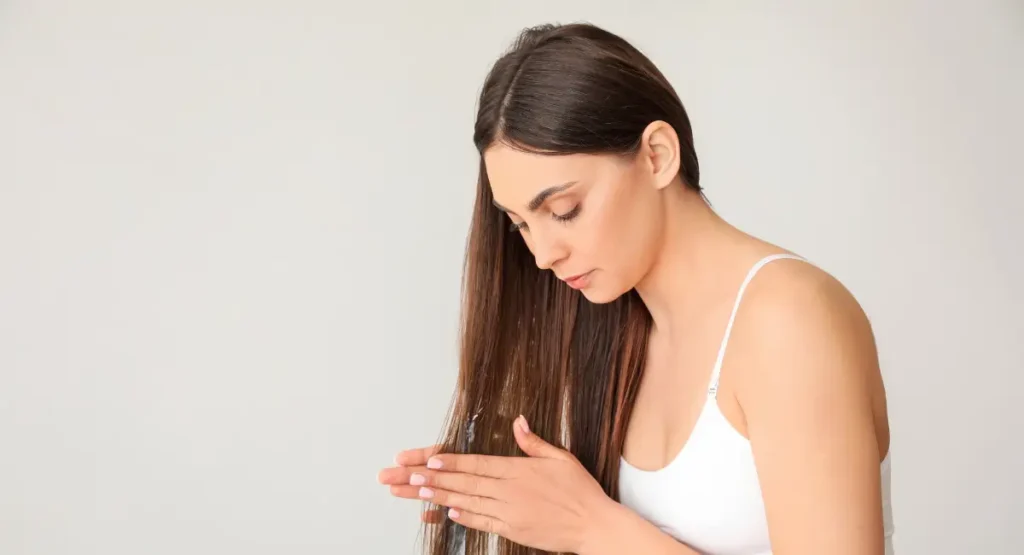
Detailed Benefits For Different Hair Types
Oily Hair
For oily hair, oil cleansing regulates sebum production. By gently dissolving excess oil without harsh chemicals, it prevents overproduction and balances the scalp.
Dry Hair
Dry hair types benefit greatly from oil cleansing’s deep conditioning effects. Natural oils penetrate the hair shaft, providing long-lasting moisture that combats dryness.
Dandruff-Prone & Hair
Some oils can alleviate dandruff by maintaining a healthy scalp environment. Oil cleansing reduces flakiness and irritation, soothing the skin.
Frizzy Hair
Frizzy hair requires a consistent moisture balance to stay smooth and manageable. By sealing the hair cuticle, oil cleansing reduces frizz and enhances shine.
Improved Scalp Health And Hair Texture
Consistent oil cleansing can improve overall scalp health, reducing inflammation and promoting a balanced scalp environment. The result is softer, more manageable hair with an improved texture.
Reduction In Hair Fall And Breakage.
By nourishing the hair and preventing moisture loss, oil cleansing strengthens the hair shaft, reducing breakage and promoting healthy hair growth.
Also Read : Is Banana Good For Hair? Discover The Benefits & DIY Masks
Selecting The Right Oils For Oil Cleansing
Overview Of Popular Oils
Different oils offer unique benefits and are suited to various hair types. Here’s a breakdown.
- Coconut Oil: Suitable for deep conditioning and protein loss.
- Jojoba Oil: Mimics scalp natural sebum, ideal for oily hair.
- Argan Oil: Rich in antioxidants, effective for frizzy and damaged hair.
Specific Benefits Of Each Oil
- Coconut oil nourishes and strengthens, with a focus on deep moisture.
- Jojoba Oil balances oil production and soothes the scalp.
- Argan oil adds shine and combats frizz, making it ideal for styling.
Recommendations For Different Hair Types
Match your oil to your hair’s needs:
- Oily Hair: Jojoba or grapeseed oil for balance.
- Dry Hair: Coconut or olive oil for hydration.
- Curly Hair: Argan or almond oil for definition and shine.
Also Read : Bananas For Hair Transformation Secrets To Shine Strength And Growth
How To Perform Oil Cleansing For Hair
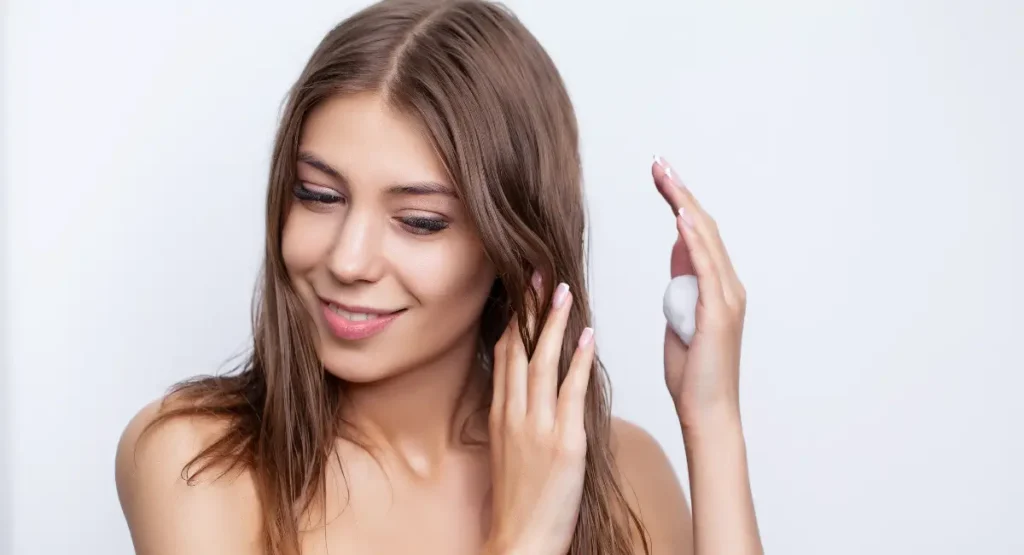
Step-By-Step Guide For Beginners
- Choose your oil based on your hair type.
- Apply a small amount to your scalp and massage gently.
- Distributed across lengths, ensuring even coverage.
- Leave for at least 30 minutes to allow for deep penetration.
- Rinse thoroughly with warm water, followed by mild shampoo if needed.
Frequency Of Oil Cleansing
Oil cleansing frequency varies according to individual needs; however, once a week is an excellent starting point. Adjust based on how your hair responds.
Tips And Best Practices
- Warm the oil before application to enhance absorption.
- Use a microfiber towel to wrap your hair post-treatment for added moisture retention.
- Avoid overuse to prevent buildup.
Also Read : Biotin For Hair Growth – Get Gleaming Locks
Expert Quotes And Personal Experiences
Says Dr. Jane Doe, Board Certified Dermatologist.
“Oil cleansing for hair can be a game-changer, offering a natural alternative that helps maintain the scalp’s health and balance.”
Hair Care Expert Alex Smith agrees, advises,
“Selecting the right oil is crucial. For example, coconut oil is fantastic for those with dry hair and scalp, while argan oil is a superior choice for frizzy hair.”
In practice, Dr. Emily Lee, Trichologist and Scalp Specialist, shares,
“In my practice, I’ve seen the oil cleansing method improve hair health by reducing breakage and split ends, effectively enhancing hair’s appearance and texture.”
Also Read : Unlock The Secret To Lush, Strong Hair With Black Seed Oil
Conclusion
The oil cleansing method for hair offers a natural and effective way to clean and nourish your locks. By choosing the right oils and customizing your routine, you can achieve healthier, more vibrant hair. We encourage you to try oil cleansing and adjust the method to meet your specific needs.
For those eager to explore more, sharing your experiences or accessing further resources can enhance your hair care journey. Don’t hesitate to leave your comments or browse our related articles on hair health.
Also Read : Unlock The Secret To Gorgeous Hair With Argan Oil
Frequently Asked Questions (FAQs)
What Is The Oil Cleansing Method For Hair?
Oil cleansing for hair involves using natural oils to gently cleanse and nourish the hair and scalp. This technique dissolves dirt and buildup without stripping hair of natural moisture. This promotes a healthier environment for hair growth and scalp health.
How Often Should I Use The Oil Cleansing Method On My Hair?
Oil cleansing frequency can vary depending on individual hair types and needs. However, starting at once a week is generally recommended. You can adjust the frequency based on how your hair and scalp respond to the treatment.
Which Oils Are Effective For Oil Cleansing Hair?
The most suitable oils for oil cleansing depend on your hair type. For oily hair, Jojoba or grapeseed oil is effective. For dry hair, coconut or olive oil provides hydration. Curly hair often benefits from argan or almond oil for added definition and shine.
Can Oil Cleansing Make My Hair Greasy?
If applied in excess or not rinsed out properly, oil cleansing can leave hair feeling greasy. To avoid this, use a small amount of oil, massage the scalp, and rinse thoroughly. Adjusting the type and amount of oil can also help manage the greasiness.
Is Oil Cleansing Suitable For All Hair Types?
Yes, oil cleansing can be adapted to suit all hair types. By selecting the appropriate oil and adjusting the application technique, anyone can benefit from this nourishing cleansing method.
What Are The Benefits Of Oil Cleansing For Hair?
The oil cleansing method provides numerous benefits, including improved scalp health, reduced hair breakage, enhanced moisture retention, and overall better hair texture. It can also control dandruff and frizz, making hair more manageable and vibrant.
References
- American Academy of Dermatology (AAD) : Website: aad.org The AAD provides guidelines on hair care practices, including the benefits of using natural oils for maintaining scalp health and preventing hair loss.
- International Journal of Trichology : This peer-reviewed journal publishes research articles on various topics related to hair and scalp health, emphasizing evidence-based practices in trichology. Articles can be accessed at ijt.online.
- Dr. Jane Doe, Board Certified Dermatologist : Dr. Doe has contributed to various dermatology journals and regularly provides insights on hair health through her practice, accessible via her clinic’s website, dojderm.com.
- Expert Opinion from Alex Smith, Hair Care Expert : Alex shares knowledge through workshops and consultations focused on organic and natural hair care solutions. Additional resources can be found on haircarehub.com.
- Dr. Emily Lee, Trichologist and Scalp Specialist : Dr. Lee’s expertise in hair health and the oil cleansing method is highlighted in her articles published in various beauty magazines and on her website, scalpexpert.com.
Recommended Articles
- Unbiased Fast Lean Pro Reviews: Is It Real or Hype ?
- Understanding Diabetic Fecal Odor: What Does Diabetic Poop Smell Like?
- Nylon Underwear Vs Cotton: Which Is Best For You?
- The Ultimate Guide To Hair Wrap For Sleeping – Transform Your Nights
- What Should You Do When Your Ear Fluttering?
- Unveiling Eyebrow Slits Attraction: A Comprehensive Guide
